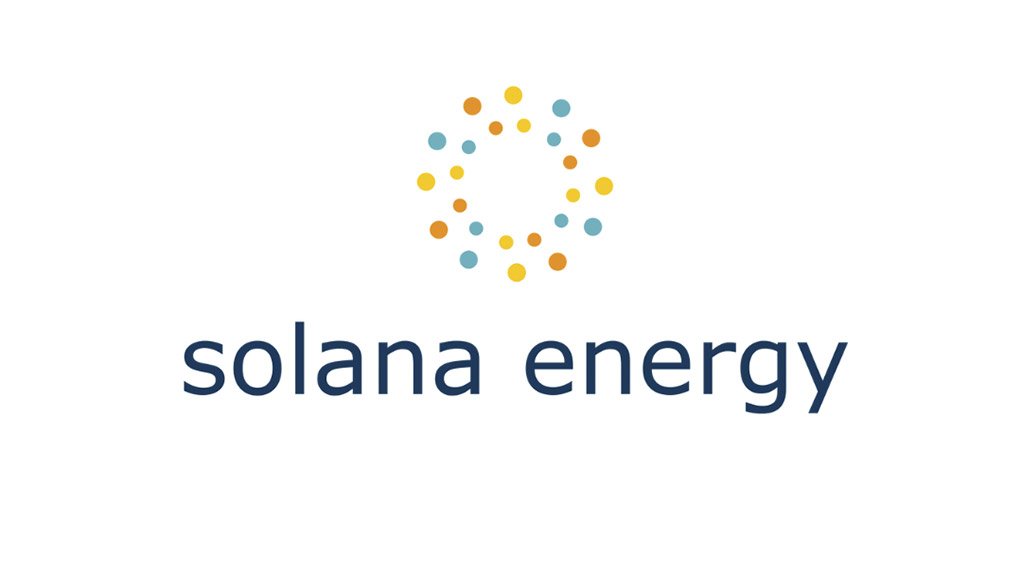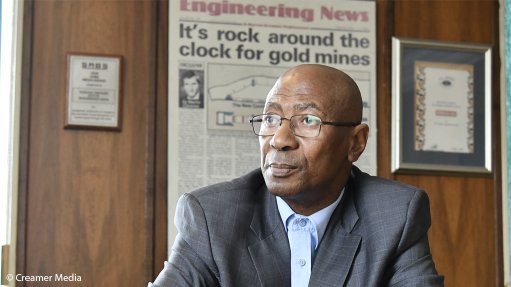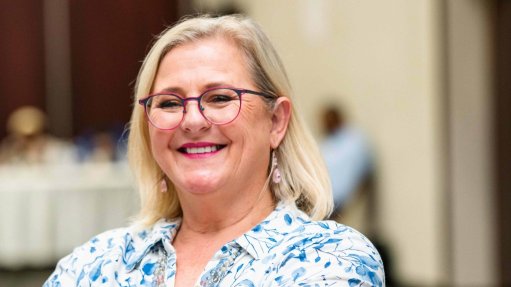Going solar is not just about load-shedding
This article has been supplied.
Author: Ahmed Motara, Business Development Lead at Solana Energy
While the rapid rollout of rooftop solar energy in South Africa has largely been driven by extended, crippling stages of load-shedding, we shouldn’t lose sight of the fact that this is part of a global trend towards cleaner energy and sustainability.
This is particularly relevant at a time when the government is reporting enhanced performances from Eskom and we have gone for multiple weeks without loadshedding interruptions.
In the South African and broader African continental context, energy infrastructure has typically been centralised through a State Owned Entity (SOE), which has been responsible for generation, distribution and transmission. This creates a reliance on governments to maintain and invest in infrastructure on an ongoing basis to feed the energy demands of a continent that is rapidly growing and industrialising.
As we have seen in recent years in South Africa, this model is unlikely to be sustainable in the long-run.
While the short-term focus has been on tackling load-shedding, there are several reasons why solar energy projects will be key to economic development in South Africa.
Solar and the social contract
A long-standing and structural issue in South Africa relates to the non-payment of money from municipalities for electricity. At the end of 2023, 44 municipalities owed just under R50bn to Eskom.
The issue of non-payment of services is a complex one, but in a country that is regarded as one of the most unequal in the world, there is a case to be made for democratising access to solar for the upliftment of the most vulnerable communities.
Solar should ultimately grow the tax-base
The rapid rollout of rooftop solar across South Africa was credited with eliminating up to two full stages of load-shedding in 2023 and the first quarter of 2024. Despite this, it has come in for criticism from certain quarters for impacting revenue for municipalities and Eskom.
From our perspective, people are viewing this through the wrong lens.
According to Dr Tracy Ledger, a senior researcher at the Public Affairs Research Institute (PARI), we need to grow our generation capacity by between 35% and 50% to rapidly grow the South African economy.
South Africa squeaked through with 0.6% growth in the economy and added approximately 500 000 jobs in 2023.
The only way you can grow the tax-base is through economic growth, which will create jobs and add value to your properties. Solar is a key contributor to both factors.
Clean energy and your licence to operate
Key South African trading partners, including the US, European Union, UK and Canada, are rolling out a number of new tariffs aimed at penalising the imports of products from high-carbon emitting countries.
Considering that South Africa is home to one of the world’s largest greenhouse gas emitters and remains heavily dependent on coal-powered stations, South African businesses in the fields of manufacturing and chemicals are already finding themselves on notice.
In a country where the International Monetary Fund (IMF) and others are forecasting the annual growth rate to be just 1%, we can ill-afford to be un-competitive in global markets.
Solar offers our infrastructure breathing room
Much of the focus in the renewable energy sector has been around the generation part of the equation—how do we generate enough electricity to drive economic growth?—but the reality is that transmission, distribution and storage are becoming central to the discussion.
The maintenance backlog throughout Eskom has been well documented and this is further challenged by extended transmission networks, which are under constant pressure.
The rollout of solar energy through generation and captive projects means that we can supply power across shorter distances - at a lower maintained cost—than if we were wholly dependent on centralised infrastructure.
Energy skills for the future
Since we opened the Solana Energy Training Academy in 2022 in Richards Bay, we have trained over 100 young South Africans as solar installers and electricians. In 2024, we expect to train a further 150 to 200 youth.
Having been an industry innovator in developing our world-class training facility, we have watched with interest the various solar installer training initiatives being rolled out by the public and private sectors.
While we are supportive of the expansion of technical skills in the sector, we are equally aware that solar installers are a “sexy” or in vogue job creation initiative and that as load-shedding is curtailed, stakeholders lose sight of the long-term energy transition.
Rather, we need to understand that the energy transition across South Africa is in its infancy and we will require skilled people throughout the value chain to help execute this shift in the ecosystem.
Load-shedding has been the driver of solar solutions over the past 3 to 5 years, but it is important that we do not lose sight of the long-term goals here.
Article Enquiry
Email Article
Save Article
Feedback
To advertise email advertising@creamermedia.co.za or click here
Comments
Press Office
Announcements
What's On
Subscribe to improve your user experience...
Option 1 (equivalent of R125 a month):
Receive a weekly copy of Creamer Media's Engineering News & Mining Weekly magazine
(print copy for those in South Africa and e-magazine for those outside of South Africa)
Receive daily email newsletters
Access to full search results
Access archive of magazine back copies
Access to Projects in Progress
Access to ONE Research Report of your choice in PDF format
Option 2 (equivalent of R375 a month):
All benefits from Option 1
PLUS
Access to Creamer Media's Research Channel Africa for ALL Research Reports, in PDF format, on various industrial and mining sectors
including Electricity; Water; Energy Transition; Hydrogen; Roads, Rail and Ports; Coal; Gold; Platinum; Battery Metals; etc.
Already a subscriber?
Forgotten your password?
Receive weekly copy of Creamer Media's Engineering News & Mining Weekly magazine (print copy for those in South Africa and e-magazine for those outside of South Africa)
➕
Recieve daily email newsletters
➕
Access to full search results
➕
Access archive of magazine back copies
➕
Access to Projects in Progress
➕
Access to ONE Research Report of your choice in PDF format
RESEARCH CHANNEL AFRICA
R4500 (equivalent of R375 a month)
SUBSCRIBEAll benefits from Option 1
➕
Access to Creamer Media's Research Channel Africa for ALL Research Reports on various industrial and mining sectors, in PDF format, including on:
Electricity
➕
Water
➕
Energy Transition
➕
Hydrogen
➕
Roads, Rail and Ports
➕
Coal
➕
Gold
➕
Platinum
➕
Battery Metals
➕
etc.
Receive all benefits from Option 1 or Option 2 delivered to numerous people at your company
➕
Multiple User names and Passwords for simultaneous log-ins
➕
Intranet integration access to all in your organisation























